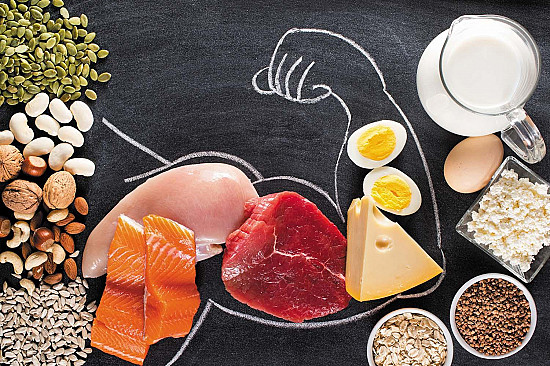News briefs: Mediterranean diet now linked to reduced risk of PAD
We've known for a long time that eating a Mediterranean-style diet can help lower your risk of heart attack and stroke, with especially strong evidence since 2013. The eating style is rich in olive oil, fruits, vegetables, nuts, and fish, and low in red meats and processed meats, with a moderate amount of cheese and wine. Now the strongest type of study—a randomized trial—published Jan. 29, 2014, in The Journal of the American Medical Association, finds that a Mediterranean diet can also lower your risk of peripheral artery disease (PAD). PAD is caused by plaque buildup in the walls of the arteries in your limbs, especially your legs. These clogged arteries put you at risk for leg ulcers and even gangrene. So will a Mediterranean diet help prevent PAD? "I firmly believe it will," says vascular surgeon Dr. Sherry Scovell, an instructor at Harvard Medical School. "The Mediterranean diet includes high-quality, wholesome foods rich in antioxidants but very little refined sugar, processed food, or unhealthy saturated or trans fats, which contribute to the underlying damage to the arteries in the body." Want an easy way to recognize PAD? The main symptoms—leg pain or cramping and leg fatigue with walking and stair climbing—typically occur with activity and go away promptly when you stop.
Disclaimer:
As a service to our readers, Harvard Health Publishing provides access to our library of archived content. Please note the date of last review or update on all articles.
No content on this site, regardless of date, should ever be used as a substitute for direct medical advice from your doctor or other qualified clinician.















